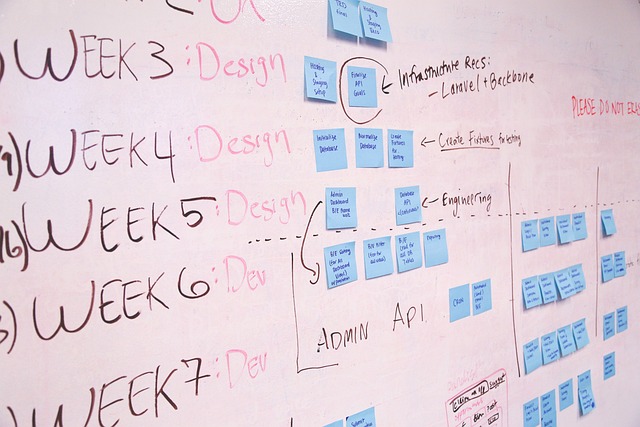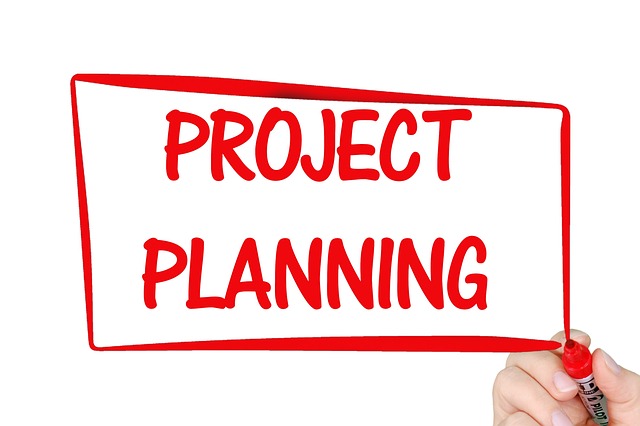Event planners working with small and medium-sized enterprises (SMEs) must adopt a tailored approach, focusing on objectives like brand awareness, community engagement, or product interaction due to resource constraints. Aligning event themes, activities, and marketing with the business's brand identity and target audience maximizes ROI. Setting clear pre-event goals, such as increasing online visibility or attracting foot traffic, guides planning decisions. Post-event analysis using both quantitative (engagement rates) and qualitative (attendee feedback) data allows for continuous improvement, ensuring memorable experiences that resonate with audiences.
Social media events, when skillfully managed, can propel local businesses to new heights. This article delves into the intricacies of event planning tailored to meet the unique needs of local enterprises. From understanding target audiences to crafting engaging content and analyzing post-event metrics, we explore a comprehensive strategy. Learn how to leverage social media platforms effectively, set clear objectives, and measure success, ensuring your next event captivates and converts participants into loyal customers. Discover the secrets to transforming virtual gatherings into powerful marketing tools for local businesses.
- Understanding Local Business Needs for Event Planning
- Pre-Event Preparation: Setting Clear Objectives and Goals
- Choosing the Right Social Media Platforms for Maximum Reach
- Engaging Content Strategies to Drive Participation
- Post-Event Analysis: Measuring Success and Planning Ahead
Understanding Local Business Needs for Event Planning

Successful event planning requires a deep understanding of the unique needs and goals of local businesses. Many small and medium-sized enterprises (SMEs) rely on social media events to build community, engage customers, and boost brand awareness. However, their planning processes often differ significantly from those of larger corporations due to limited resources and specialized knowledge.
Event planners working with local businesses must be adept at tailoring strategies to fit specific business objectives, whether it’s driving foot traffic to a new store opening, showcasing products in an interactive setting, or fostering networking opportunities for industry professionals. By aligning event themes, activities, and marketing efforts closely with the brand identity and target audience of each local business, planners can ensure maximum impact and ROI.
Pre-Event Preparation: Setting Clear Objectives and Goals

Effective event planning starts with meticulous preparation, and for local businesses hosting social media events, this involves setting clear objectives and goals. Before inviting attendees or even promoting the event, organizers should define what success looks like. Is it increasing brand awareness? Driving sales? Or fostering community engagement? These objectives guide every decision from choosing the right platform to creating compelling content.
For instance, a local café planning a “Meet the Maker” event on Instagram Live might aim to boost online visibility and connect with its target audience. Clear goals would include attracting 50 active followers who engage through comments and questions during the live session, securing at least five new email sign-ups, and generating buzz that translates into increased foot traffic in the subsequent week.
Choosing the Right Social Media Platforms for Maximum Reach

Engaging Content Strategies to Drive Participation

Post-Event Analysis: Measuring Success and Planning Ahead

Post-event analysis is an integral part of successful event planning, especially for local businesses looking to make a lasting impact. Measuring the success of a social media event involves a mix of quantitative and qualitative metrics. By tracking engagement rates, such as post interactions, shares, and comments, organizers can gauge the initial reach and enthusiasm generated by the event. Additionally, collecting feedback from attendees through surveys or direct communication provides valuable insights into their experience, highlighting what worked well and identifying areas for improvement.
This analysis period is crucial for planning future events, ensuring continuous refinement and growth. Businesses can use these findings to optimize their strategies, whether it’s refining content for better engagement, improving logistics based on feedback, or targeting specific demographics more effectively. Embracing post-event analysis empowers local businesses to enhance their event planning, creating memorable experiences that resonate with their audience.
